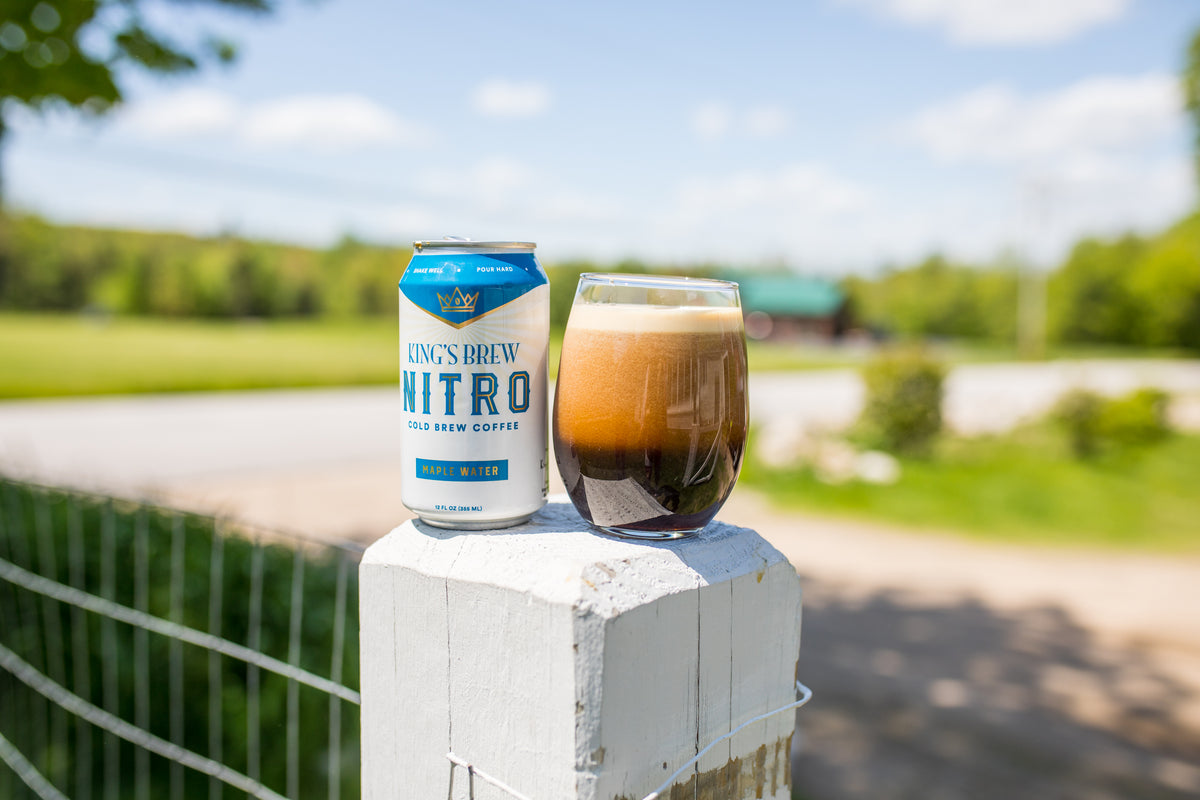The Science
Inherent bean quality and flavor certainly influences your coffee experience, but it is not the full-picture. There are a variety of common external factors that affect coffee flavor, by altering our palate’s and even the brewing process itself.
You can take a $100 bottle of wine and turn it into a $10 tasting experience if it’s paired with the wrong dish, simply because taste operates relatively — not statically. Our palate cannot register flavor in an accurate and consistent manner with a faithful relationship to some absolute scale, like a thermometer. Rather, our palate measures all taste in sequence, relative to what immediately preceded it.
Not everyone consumes coffee in a vacuum — black, at sea level, in their kitchen — and there are a variety of common settings that affect coffee flavor. The same cup of coffee will taste entirely different in your kitchen than it will at high altitudes, in ocean-air environments, in terrestrial settings, with food and so on.
King’s Row Coffee is the only coffee company to place as much emphasis on external influences and inherent quality. We craft massively complex flavor profiles that are designed to be perfect in various settings that diminish our coffee experience.
The result is amazing coffee, no matter where you are or what you are doing.
Let's Experiment! Consuming something with a high degree of a specific flavor will reduce your palate’s ability to detect that same flavor in the subsequent substance, while amplifying opposite flavor qualities.
Take something sour, for example. Your tongue, and all of the mucous membranes in your mouth, cannot tell you that this substance has a pH of 2.2 or 5.1. All it really can tell you is that something is more sour or less sour than the substance we were just tasting a few seconds ago.
This can be easily demonstrated with a lemon wedge and water. Have several tastes of water, swishing it around your mouth, until you feel it’s equilibrated. When the water tastes like water, bite into the lemon, moving the juice all around your mouth so that every surface of mucus membrane has some exposure. Then, go back to the water and taste it, and what is astonishing is that the water will taste sweet, as if you’ve added 2 tablespoons of sugar. The water hasn’t changed all, just your palate’s reference point.
How does altitude affect coffee? The ideal water temperature for brewing is 205°F. Water boils at 2°F less per 1,000 feet of elevation. If you’re at 8,000 feet, the water temperature in your home brewer boils at 196°F, the lowest acceptable temperature for extract coffee properly. However, by the time that boiling water has hit your coffee grounds, it’s cooled another 7 to 12 degrees so an unacceptable water temperature. Brewing coffee with such a low water temperature weakens desirable acidity, under-extracts the essential oils, which contribute to the beautiful flavors and aromas, and over-extracts the bitter alkaloids, resulting in a weak and bitter coffee. That’s why we crafted a coffee that extracts perfectly at a lower-than-ideal water temperature.
How does aroma affects coffee? Another big component of taste that affects our coffee experience is external environment. Consider this: most of taste is smell. There is a massive difference between the smell of something that’s not yet in your mouth (ortho-nasal) versus the smell as you are chewing and the aroma is climbing up into your sinus cavity (retro-nasal). The same exact substance has a different aromatic profile depending on those two things. So while your favorite coffee will have a consistent smell ortho-nasally, once sipped, the taste you experience depends on the reference point of your palate, which can be drastically altered by external aromas. That’s why we crafted a coffee to overcome the distortive effect of strong aromas.




